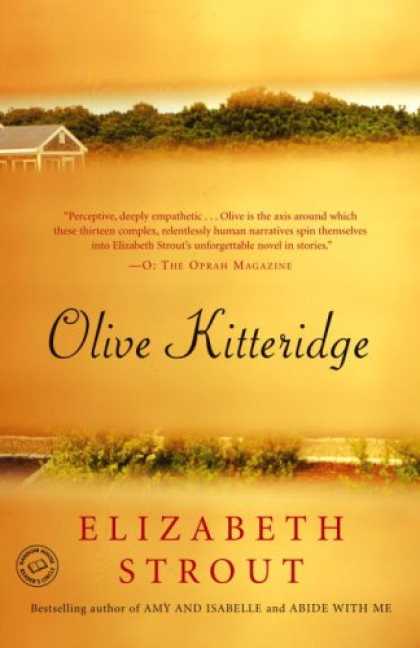
And then I read Eating Animals by Jonathon Safran Foer. I didn't even really want to read the book. I knew it would be disturbing. But I loved Everything is Illuminated and Extremely Loud and Incredibly Close and I couldn't resist reading a third book by an author I love. And, sure enough, it was really disturbing. I knew quite a bit about factory farms before reading the book, but I learned quite a few new inconvenient facts. For example, I didn't realize that for every 1 pound of shrimp caught, 26 pounds of other sea animals were killed and tossed back into the ocean. Or that the male offspring of chickens that are raised to lay eggs ("layers") are sucked through a series of pipes onto an electrified plate. Or that the 3 million pounds of antibiotics given to humans each year in the U.S. is nothing compared to the 24.6 million pounds of antibiotics fed to farmed animals each year (which has numerous effects on our health and on the environment). And I won't even get into the chapter on slaughterhouses.
Foer spends a lot of time driving home the point that we live in a hypocritical society. We seek out shampoos that aren't tested by animals, while at the same time buy "meat that's produced in profoundly cruel systems." We pamper our dogs, but then eat pigs (which are markedly more intelligent) who have been raised in torturous environments. It's easy for us to do because our food comes to us in shiny wrapping, looking nothing like the animal that gave its life to be put on our plate. He never once talks about eating "meat" in the book, but instead uses the word "animals", reminding us not to be fooled by that plastic wrapping. It reminded me of an ex-boyfriend's dad who, as an ENT, used to refer to the "nose" or "ear" he had operated on that afternoon. His wife would constantly remind him, "You operated on a person and the person had a nose."
A friend recently mentioned that she had seen Foer on television and that he was so annoying that it made her want to go out and eat a hamburger. It made me laugh because I could see where she was coming from. He can be preachy from time to time in the book too. At points in the book, I wanted to interrupt and him to say, "Hey, Jonathan, before you look down your vegan nose too far at all the factory farmed food eaters out there, the book you wrote wasn't printed on recycled paper. And you probably wrote it on a computer, which means your computer one day will end up in one of those horribly polluted towns in China where they "recycle" all of our computers. And all the flights you took to visit the farms? Yeah, it's not just the factory farms causing global warming. Oh, and are you naked right now? Because unless you have a field of hemp and a loom in your Brooklyn apartment, chances are that the clothing you're wearing came from a less than favorable situation. And I think vegetarians and meat-eaters alike can agree that the idea of an eight-year-old child working a 12 hour day in a dark factory is significantly more disturbing than chickens living in tiny cages. No offense, but I'm just saying..." The thing is, none of that takes away from the facts he lays out in his book. But it is just a reminder that all of us make choices - and I don't know anyone who doesn't make some that impact the world in a negative way - so none of us should be patting ourselves on the back too hard.
Still, none of us should be burying our heads in the sand either. I feel the same way after reading Eating Animals that I felt after reading Deep Economy or seeing The Story of Stuff [It's worth checking out if you haven't seen it: http://www.storyofstuff.com/]. In both cases, I knew that I would never go back to the same way of thinking again and because of that, I have made and continue to make different choices than I made before. Of course, knowledge can be disturbing, but it is also empowering. I'll admit that knowing more about what I see at the grocery store doesn't mean I always make the right choices for the world, but I can weigh the pros and cons when I make my selections. I haven't eaten meat since reading the book, but I'm not sure I see myself cutting it out entirely in the future. (While Foer himself is vegan, his book is more of a stance against factory farming than simply against meat, as he describes in an interview here. The problem is that at this point 95% of the meat in the U.S. is raised on factory farms.) However, if I do chose to eat meat, Eating Animals has made me more committed than ever to finding out exactly where it comes from.







